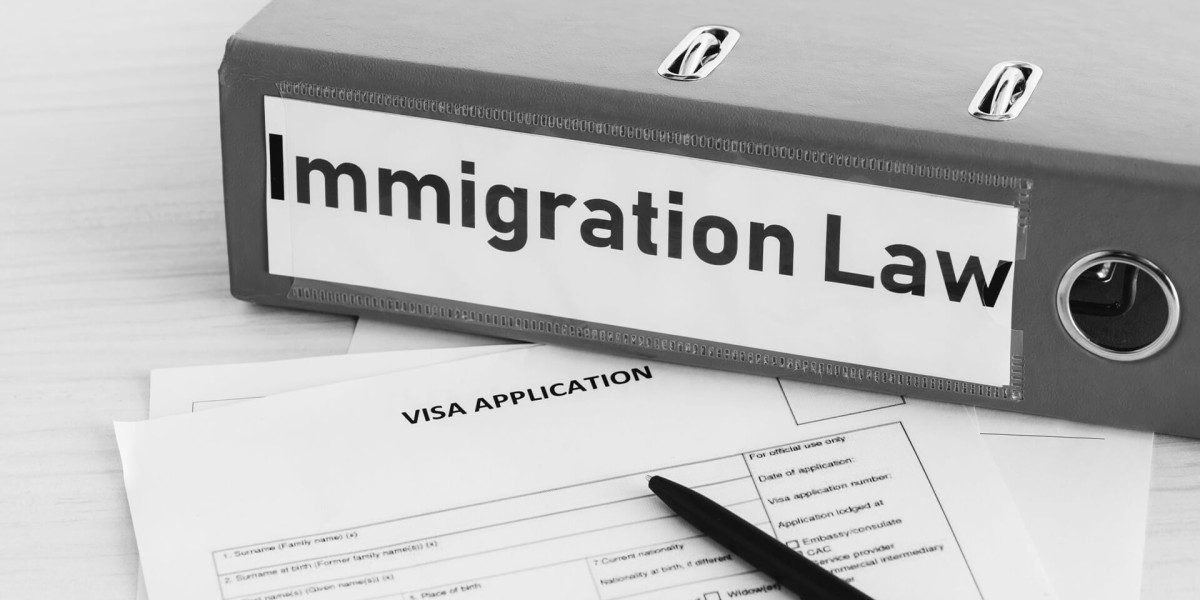Menstrual cycles can sometimes be unpredictable, and a delayed period can be a cause for concern or discomfort for many individuals. While it's essential to remember that occasional irregularities in your menstrual cycle can be normal, there are natural methods that may help encourage the arrival of your period if it is delayed. In this article, we'll explore the reasons how to get periods immediately if delayed and discuss some safe and natural ways to potentially bring them on.
Understanding Delayed Periods:
A typical menstrual cycle usually lasts between 21 to 35 days, with most falling in the 28 to 30-day range. However, various factors can influence the regularity of your menstrual cycle. These factors include stress, changes in weight, illness, hormonal imbalances, lifestyle changes, and more. It's important to keep in mind that occasional irregularities in your cycle are relatively common and may not necessarily indicate an underlying health issue.
When to Seek Medical Advice:
Before attempting to encourage your period to start, it's crucial to rule out pregnancy if there's a possibility you might be pregnant. Home pregnancy tests are readily available and can provide you with accurate results.
If you have consistently irregular periods, missed multiple cycles, or are experiencing other concerning symptoms such as severe pain, heavy bleeding, or unusual discharge, it's essential to consult a healthcare provider. These symptoms could be signs of underlying medical conditions that require medical evaluation and treatment.
Natural Ways to Encourage a Delayed Period:
If you've ruled out pregnancy and are simply looking for natural methods to encourage your period to start, here are some options to consider:
Maintain a Healthy Diet: Eating a balanced diet with plenty of fruits, vegetables, and whole grains is essential for overall health, including menstrual health. Some herbs and foods, like ginger and parsley, are believed to have properties that might help induce menstruation. However, scientific evidence on their effectiveness is limited.
Stay Hydrated: Drinking an adequate amount of water is essential for overall well-being. Proper hydration can help maintain regular bodily functions, including your menstrual cycle.
Exercise Regularly: Engaging in regular physical activity can help regulate your hormones and promote a healthy menstrual cycle. However, excessive or intense exercise can have the opposite effect, leading to delayed or irregular periods.
Reduce Stress: High levels of stress can disrupt your menstrual cycle. Consider practicing stress-reduction techniques such as yoga, meditation, deep breathing exercises, or mindfulness to help relax your body and mind.
Herbal Teas: Some herbal teas, like chamomile and peppermint, are believed to have mild emmenagogue properties, which means they may promote menstruation. You can try drinking a cup or two daily, but consult with a healthcare provider if you have any concerns.
Acupressure: Some individuals use acupressure techniques to stimulate specific pressure points that are believed to help induce menstruation. However, it's essential to consult a trained acupressure practitioner to ensure safe and effective application.
Over-the-Counter Options:
Over-the-counter (OTC) options may also be considered to encourage menstruation, but it's crucial to consult with a healthcare provider or pharmacist before using any OTC medications. Non-prescription medications such as non-steroidal anti-inflammatory drugs (NSAIDs) may sometimes be recommended to help induce menstruation.
The Importance of Patience:
It's essential to understand that natural methods may not always be effective, and results can vary from person to person. Additionally, these methods may not work immediately, so it's important to be patient and allow your body time to respond.
Conclusion:
Delayed periods can be a source of concern or discomfort, but in most cases, they are not a cause for alarm. It's essential to rule out pregnancy and consult a healthcare provider if you have consistently irregular cycles or other concerning symptoms.
If you're considering natural methods to encourage a delayed period, maintaining a healthy lifestyle, staying hydrated, and reducing stress are good practices to follow. However, it's important to approach these methods with patience and realistic expectations, as they may not always produce immediate results. If you have concerns about your menstrual health or are looking for ways to regulate your cycle, it's always advisable to consult with a qualified healthcare provider for personalized guidance and advice.















